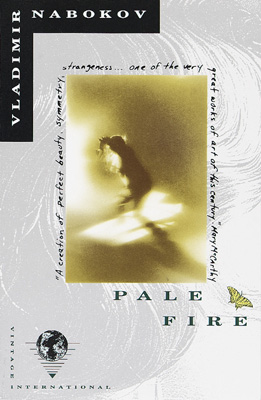I just finished listening to the Hitchhiker’s Guide to the Galaxy radio series even though I’d had the mp3s lying around for ages.
I had downloaded the original radio series of 12 episodes years ago and dumped them onto a CD and had then forgotten about them completely. Last month I stumbled upon a site[1] that had mp3s of the new series broadcast in 2004 and 2005 which covered the story from the last three books (and in hoary Hitchhiker’s Guide tradition flatly contradicting quite a few episodes from the original series!)
Through most of the new series there are a number of additions, omissions and modifications, the majority of which are mostly harmless. The one change they made that annoyed the hell out of me though was the end of the last episode.
**SPOILER**
By the time Douglas Adams wrote the fifth book in the series he was pretty much fed up with people asking him to write more Hitchhiker’s Guide books and so he wanted to pretty much end the series definitively. Thus in Mostly Harmless (written many years after the previous book and with definitely darker tones) he kills off all the major characters and destroys the Earth quite completely.
I had wondered how they were going to handle that in the radio series but I assumed it would only be cosmetic changes. But no. In the radio series, every one lives. And happily ever after too. At Milliways[2]. And Fenchurch returns. As does Marvin. And worse, Arthur gets TWO happily ever afters. On one probability he lives with Fenchurch on an Earth that has popped into existence again and on the other, all the major characters spend the rest of their days at Milliways. Worse still, Wowbagger the Infinitely Prolonged[3] who I quite liked as a bit character is killed off! By Zarquon!
**END SPOILER**
To cheer myself up and forget this hack work, I need to dig out my DVDs of the TV series and watch them again. Its been a couple of years…
[1]: Email me and I’ll send you the link to the site.
[2]: The Restaurant at the End of the Universe.
[3]: The immortal guy who decided to insult everyone in the universe.
